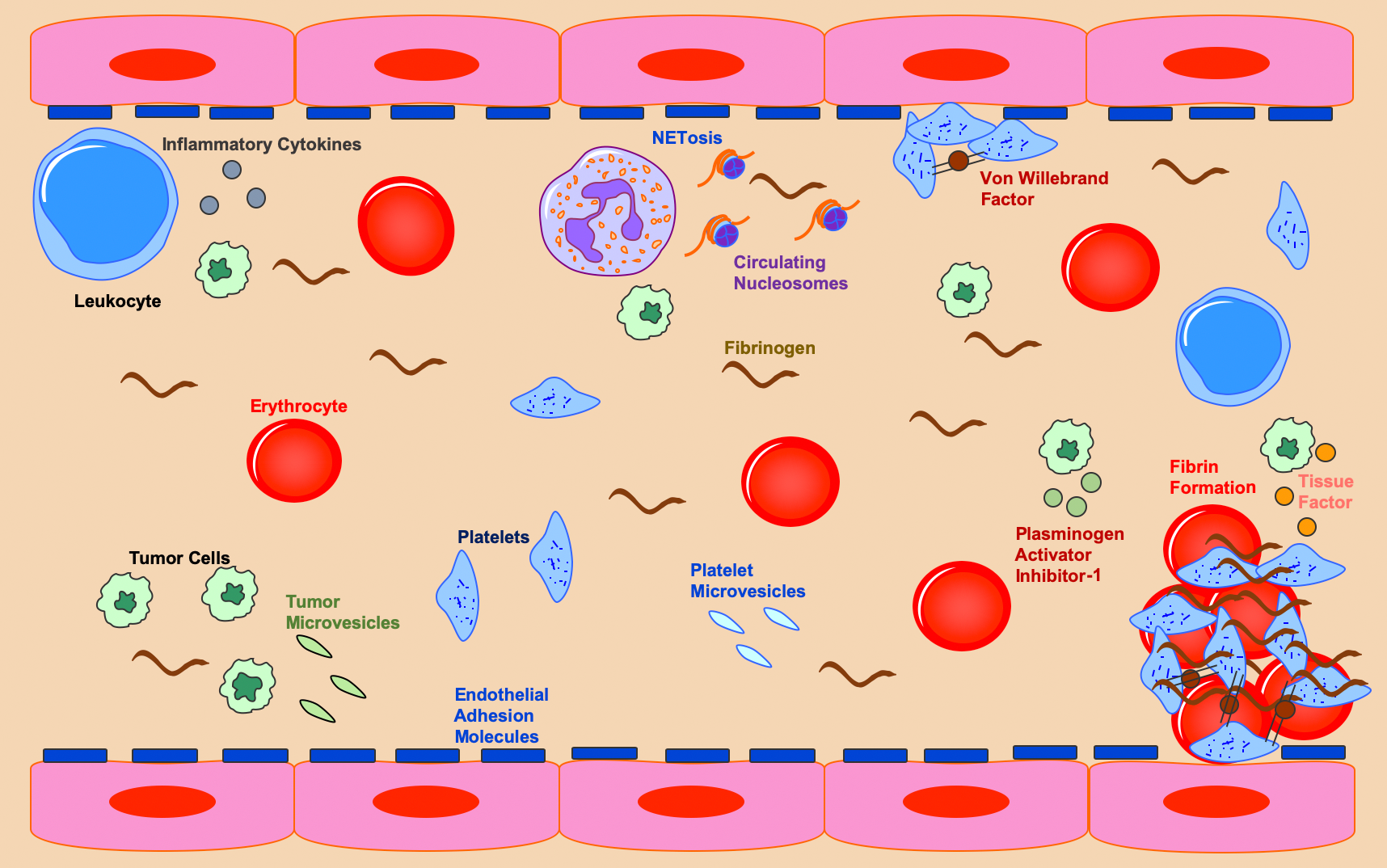You are here
Risks, Mechanisms, and Treatments of Ischemic Stroke with Cancer
Speakers
Abstract
One-quarter to one-third of ischemic strokes have no established mechanism after standard diagnostic evaluation and are classified as embolic stroke of undetermined source (ESUS). Failure of randomized trials to demonstrate a benefit of direct oral anticoagulants over aspirin for the treatment of ESUS as a single homogeneous entity has led to renewed interest by stroke experts to divide ESUS into subgroups. Emerging data suggest that active cancer, which is present in 5-10% of patients with ESUS, is a distinct and important subgroup of ESUS with unique clinical characteristics, underlying pathophysiologies, and treatment and prognostic considerations. Further, the prevalence of cancer-related ESUS is expected to increase as patients with cancer, even those with distant metastases, survive longer due to improvements in cancer treatments. In this topical review, we examine the epidemiological link between ESUS and cancer, the clinical features and potential mechanistic underpinnings of ESUS with cancer (with a focus on novel biomarkers and their relationship to recurrent stroke and other thromboembolic events), and the potential treatment strategies for cancer-related ESUS. We include a critical appraisal of existing data and ongoing or planned clinical trials of different antithrombotic approaches. As cancer-related ESUS is a dynamic disease with variable course, we recommend close collaboration between neurologists and oncologists to develop individualized management plans.


